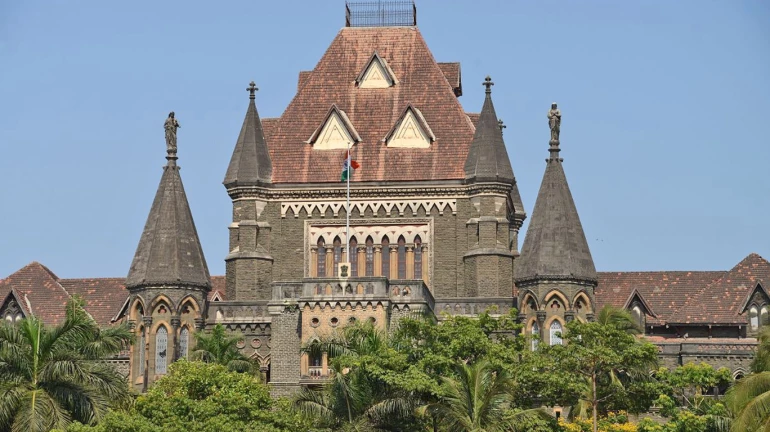
In a ruling on Tuesday, February 20, the Bombay High Court (HC) dismissed a petition asking for age relaxation for Economically Weaker Sections (EWS) individuals for judicial posts. The petitioners argued for parity with the concessions given to backward classes.
The petition was brought forward by Ashwini Sanjay Kale, Palavi Shrikant Patil, Anita Dada Hawaldar, and Ramakant Gajendra Jadhav. They contested their disqualification due to age limits and non-inclusion in backward classes.
The Maharashtra Public Service Commission (MPSC) had posted job openings for junior division civil judges and first-class judicial magistrates in 2019. The age limit was set at 35 years for experienced candidates and 25 years for new law graduates. A five-year relaxation was granted for lower-class candidates.
The SEBC Act provided a 16% reservation for SEBC candidates. This act had previously given preference to SEBC and EWS candidates in government resolutions. In 2021, the Supreme Court declared the SEBC Act unconstitutional.
The petitioners argued that EWS candidates should be considered 'backward' as per constitutional demands and court rulings. The state, however, disagreed, citing the absence of age relaxation for EWS in the 2008 judicial service rules.
The court upheld the state's position, citing constitutional clauses that distinguish between economically disadvantaged groups and socially and educationally backward strata. It clarified that only candidates from officially recognised backward communities are eligible for age relaxation.
The court also cited that groups notified about the now-invalidated SEBC Act can no longer be considered backward classes.
The court highlighted the difference between vested powers for appointments and suggestions. It stated that exceeding the prescribed age limit does not guarantee an appointment, even with a recommendation and document verification.
The court acknowledged the delay in the hiring process due to the global pandemic. It emphasised that candidates cannot benefit from delays caused by other circumstances and stressed why hiring guidelines should be followed.





